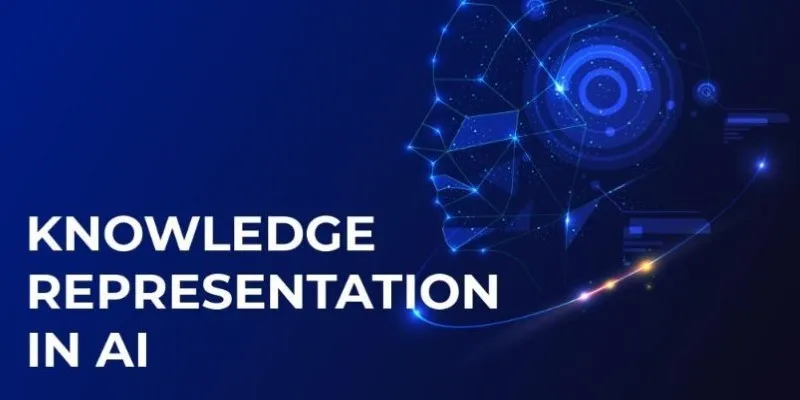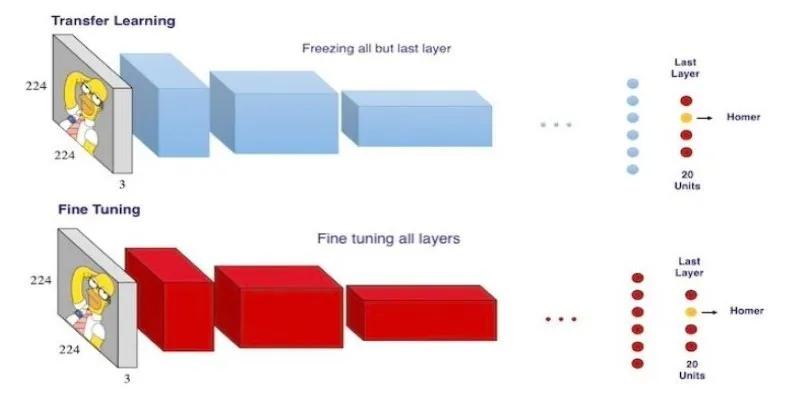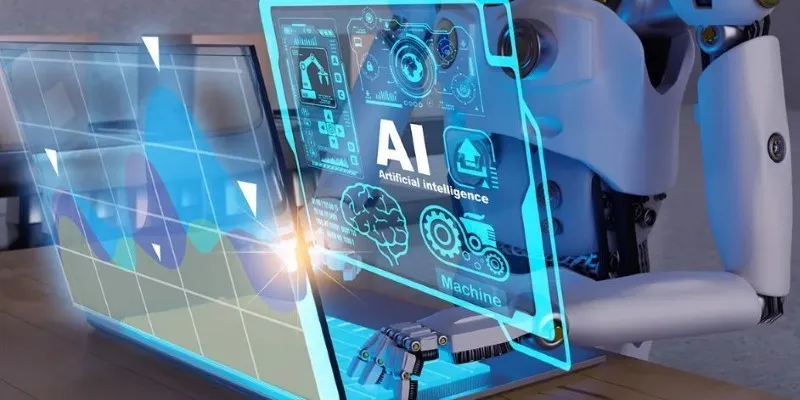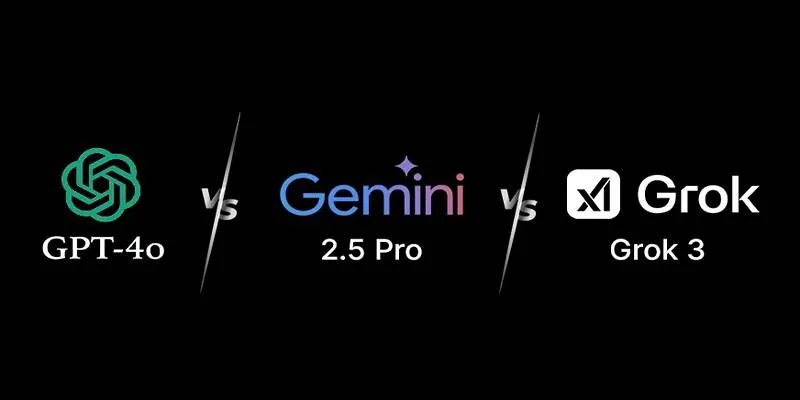The way we interact with search engines has evolved significantly from simple keyword inputs. Gone are the days when users had to carefully craft their queries, hoping the search engine would return relevant results. With advancements in artificial intelligence, search engines have become intelligent tools capable of understanding human language more naturally. This shift has paved the way for asking questions in new ways with AI in search, enabling users to express their thoughts more freely and receive better, more context-aware answers.
Whether you want simple answers or complex details, AI-powered search is changing the way searches are processed, interpreted, and answered. In this article, we’ll explore the various dimensions through which AI redefines search interaction and offers smarter ways to get what you’re looking for.
The Evolution of Search and the Role of AI
Traditional search engines relied on exact keywords and algorithms that matched words. The process was mechanical, where you typed in the exact words you thought would yield the best result and hoped for a relevant match. However, frustration often resulted from users not being able to find what they were looking for because their phrasing did not match the indexed data. The advent of artificial intelligence, especially in natural language processing (NLP) and machine learning models, has made search engines much more intuitive.
AI enables search engines to understand the intent behind a question rather than merely finding pages with literally matching keywords. For example, if you search for “How can I improve the quality of sleep?” the AI-based engine does not look for pages containing the precise words but instead understands that you’re hunting for techniques to enhance rest. Intent-based understanding through AI results in more personalized and relevant results.
Moreover, AI-driven search queries can now better interpret conversational phrasing and ambiguous queries than ever. If a query is unclear or incomplete, AI models infer the most likely intent to provide helpful results or follow-up questions. This means there is less need for perfect phrasing and more clarity of intent, leading to a more natural and user-friendly experience.
How AI Enhances Contextual Understanding in Search?
One of the most significant advancements AI brings to search is the ability to understand context. Contextual understanding means that a search engine can consider not just the words in a query but also the user’s history, preferences, and even real-time location to deliver more relevant results. For instance, when you search for “best restaurants near me,” AI algorithms take into account your current location, past dining preferences, and the time of day to suggest suitable options.
This context-aware functionality extends beyond simple queries. If you’ve been searching for information about a specific topic over time, the AI can remember previous related searches and adjust the results accordingly. Let’s say you’ve recently been looking up articles on marathon training; when you later search for “best shoes,” the AI might prioritize running shoes in the results because it understands the broader context of your recent activity.
Another fascinating aspect of context-driven AI search is its ability to handle follow-up questions seamlessly. Previously, users had to repeat parts of their original query to maintain clarity. Now, AI remembers the initial question and provides coherent responses to subsequent queries. For example, after searching for “What’s the tallest building in the world?” you can follow up with “How tall is it?” and the engine understands that “it” refers to the tallest building.
Smarter Queries, Smarter Answers
AI not only improves how we ask questions but also enhances the quality of the answers we receive. With AI-driven search questions, users can ask complex, multi-layered queries and receive concise yet comprehensive responses. This is largely thanks to large language models trained on vast datasets, enabling them to synthesize information from multiple sources.
A practical example of this is when users need a summary of a broad topic. Instead of clicking through several links and piecing information together manually, AI-powered search can generate a summary of the results directly. Imagine searching for “the history of space exploration.” Rather than simply listing links, the search engine can provide a well-rounded overview of major milestones, with additional links for deeper exploration.
Additionally, AI-driven search can handle specific tasks like calculations, translations, and even code generation. This means that instead of phrasing questions in rigid ways, users can ask naturally, and the AI will either provide an instant answer or guide them toward useful resources. This capability significantly reduces the time and effort required to find reliable information.
Another game-changing aspect is personalization. AI tailors search results to individual users based on their preferences, search behavior, and past interactions. If two people search for the same thing, their results might differ slightly, reflecting their unique interests and needs. This personalization helps ensure that users find what’s most relevant to them, making search a truly customized experience.
The Future of AI-Powered Search
The future of AI-powered search promises transformative advancements as artificial intelligence evolves further. With technologies like advanced neural networks and deep learning, search engines are expected to become even more intuitive, offering proactive assistance tailored to individual users. Imagine a system that anticipates your needs, delivering relevant insights and recommendations without requiring a query. AI-driven improvements will likely enhance conversational search, enabling fluid back-and-forth interactions for complex questions.
Additionally, the integration of voice and visual search will allow users to explore information using spoken commands or images. As AI continues to refine context understanding and personalization, future search engines may function as intelligent virtual assistants, streamlining how we gather information and simplifying our digital experiences like never before.
Conclusion
Asking questions in new ways with AI in search transforms how we find information, making it faster, smarter, and more intuitive. AI’s ability to interpret intent, understand context, and deliver personalized answers allows users to express queries naturally without worrying about perfect phrasing. This marks a new era of search, where accessing information becomes seamless and efficient. As AI evolves, search will only grow more dynamic, offering endless possibilities for discovery.

 zfn9
zfn9





















